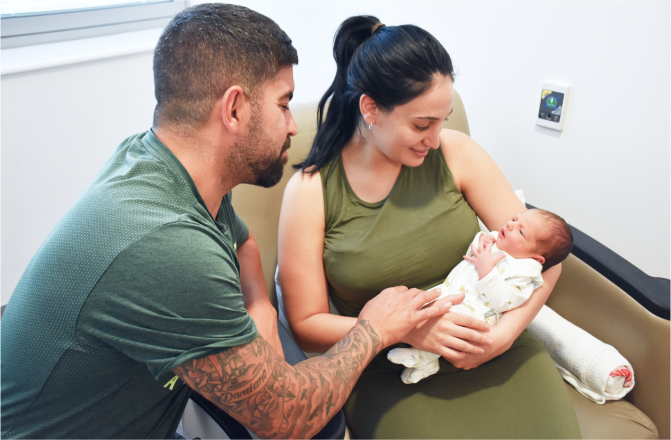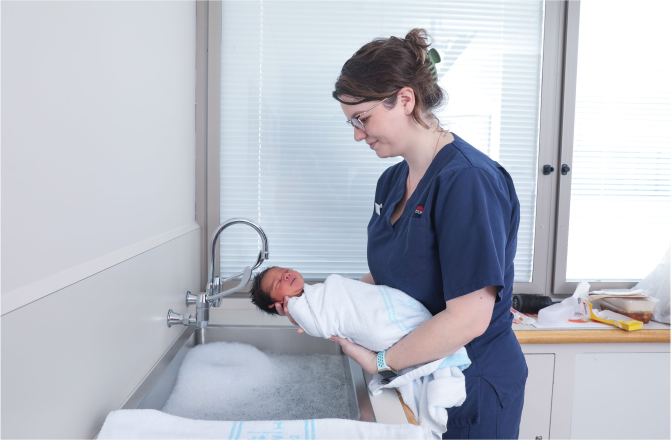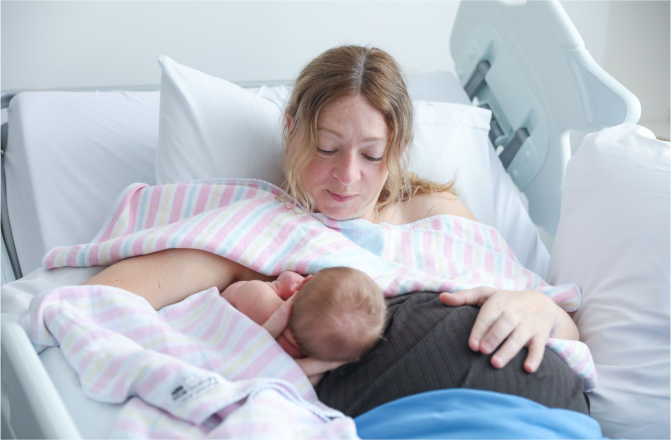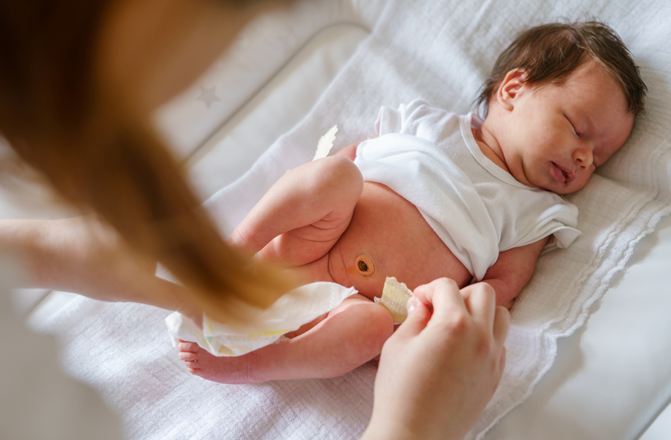Midwifery in the home
The Northern Sydney Local Health District cares for women and their babies in the home up to 14 days from the day of birth. There is good evidence to show that returning home as soon as you are able, with ongoing support from professionals, is beneficial for mothers and babies.
Midwifes will provide a combination of home visits or tele-health depending on your individual needs.
 Midwifery in the Home
Midwifery in the Home

Normal newborn behaviour
Just like labour and birth it is a sensible idea to do some preparation for caring for your baby. Understanding normal newborn behaviour before they arrive can help you and your support people to manage expectations, particularly around feeding. Breastfeeding can also be challenging while you and your baby are both learning how to feed, but there is lots of resources and support available to you.
 Normal Newborn Behaviour and Breastfeeding
Normal Newborn Behaviour and Breastfeeding

Breastfeeding
Breastfeeding gives your baby the best start in life! Breastfeeding has many health and practical benefits for women and their babies.
Being informed is a good place to start, even before your baby is born.  There are breastfeeding classes and lots of
There are breastfeeding classes and lots of  resources available.
resources available.
Early skin to skin helps with bonding with your baby and leads to better feeding outcomes. Following baby's feeding cues is key to establishing breastfeeding and your milk supply. Your breastmilk is the only food and water your baby needs for the first 6 months.
These early days of learning to breastfeed and establishing your milk supply can be overwhelming. It is a learned skill for both you and your baby. While you are in hospital you will have support from midwives and lactation consultants, as well as the postnatal breastfeeding classes. There is lots of help in the community too, including the child and family health service and the
child and family health service and the Australian Breastfeeding Association.
Australian Breastfeeding Association.

First few months
When you are discharged from hospital you will be referred to your local child and family health service for follow up.
 NSLHD Child Youth and Family Health
NSLHD Child Youth and Family Health
Newborn babies rely on their parents and other caregivers to give them what they need for healthy development.
As you spend time with your baby and get to know them, you’ll find it easier to understand your baby's behaviour and what it's telling you.
When you respond consistently, gently and lovingly to your baby’s behaviour, it builds your relationship and lays the foundation for your child’s development and wellbeing.
For more information on newborn behaviour and what to expect in the first few weeks at home we recommend the Raising Children website
the Raising Children website


